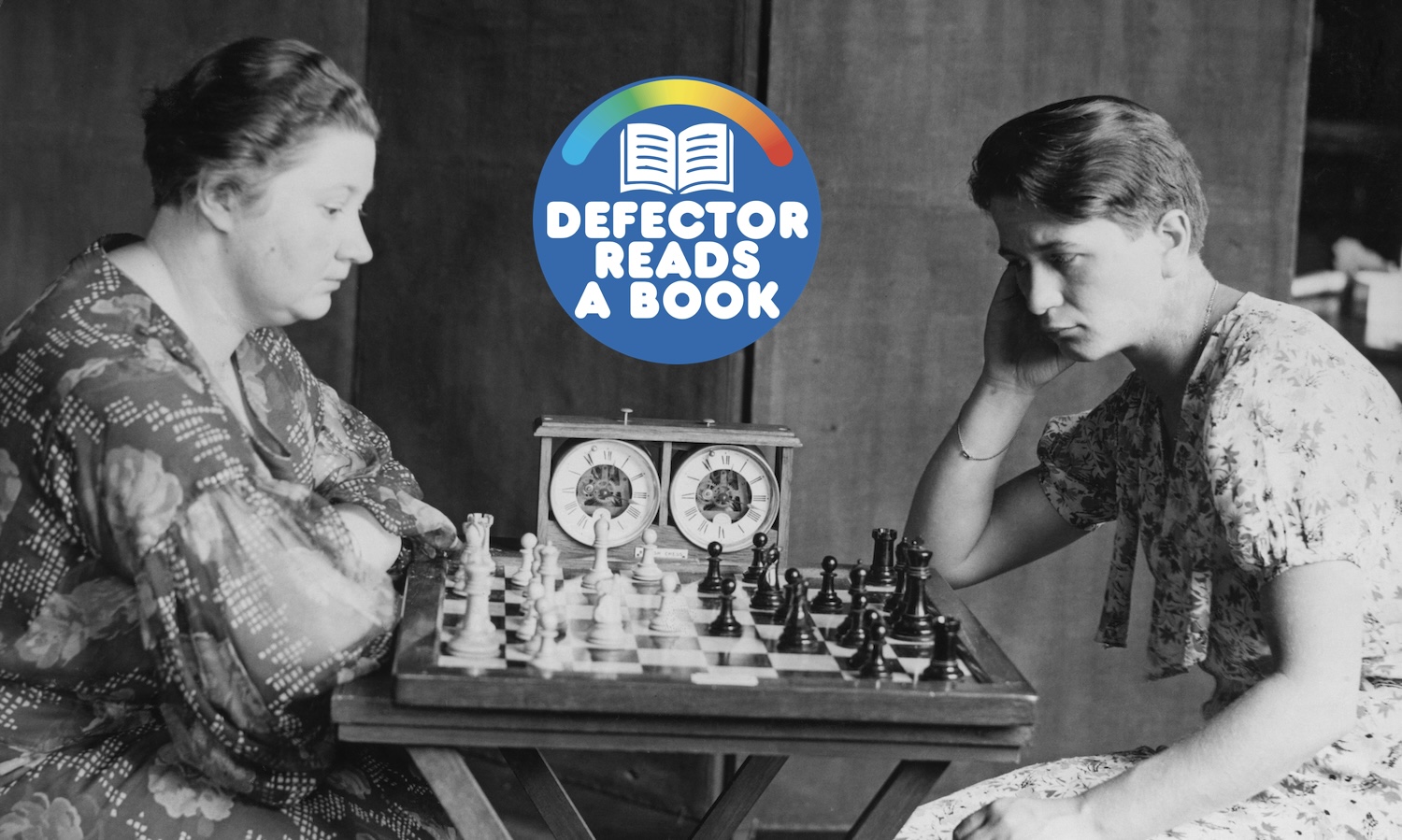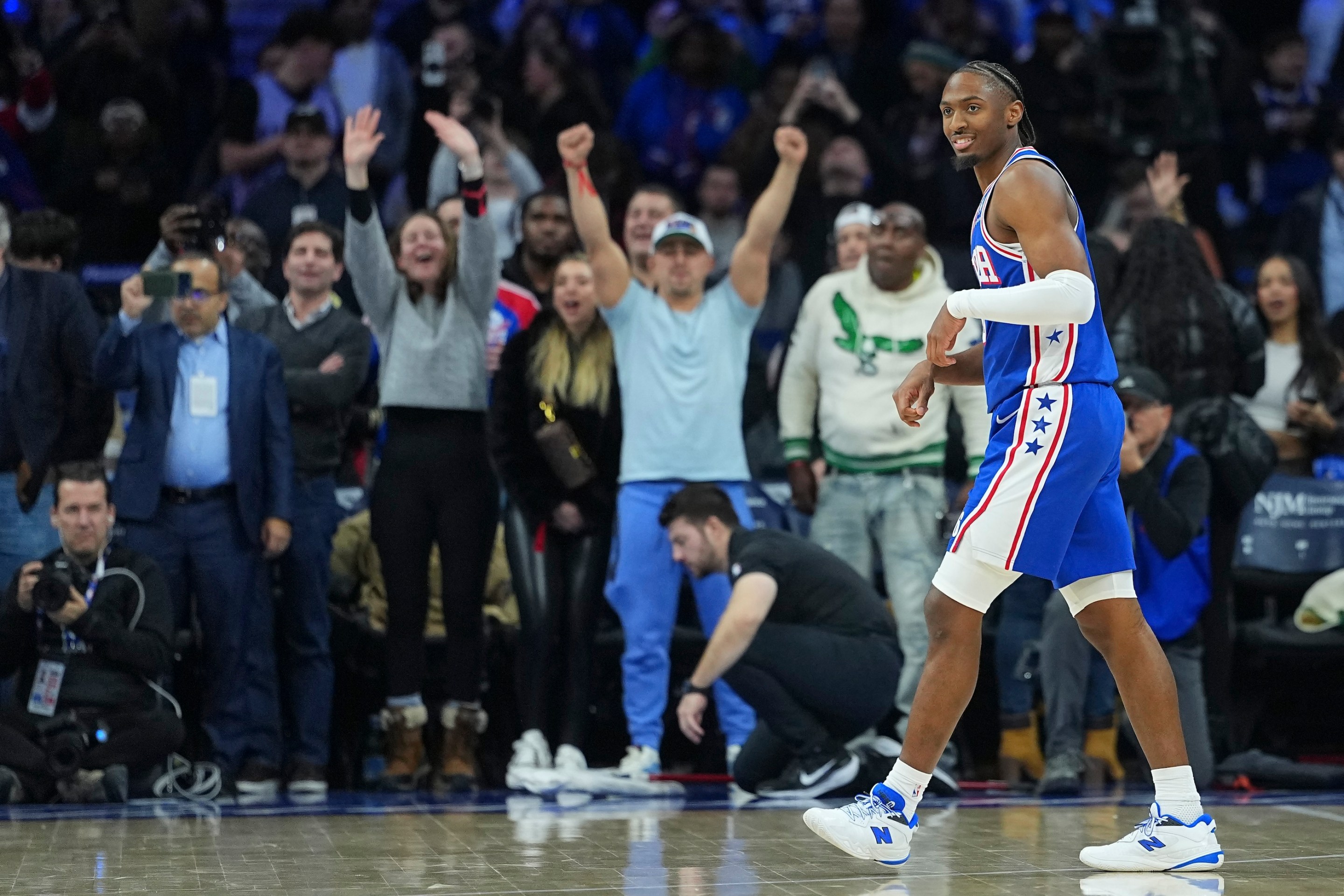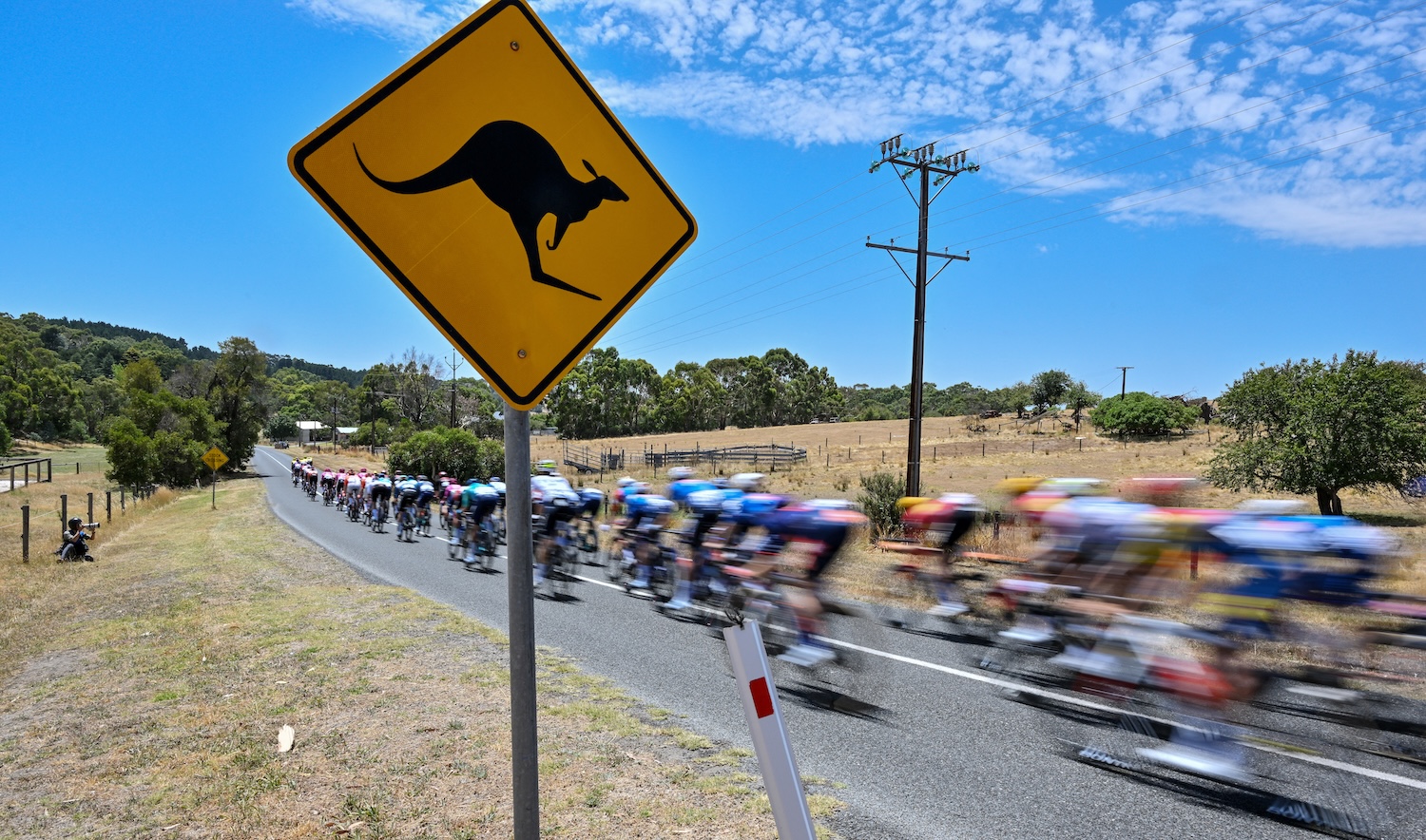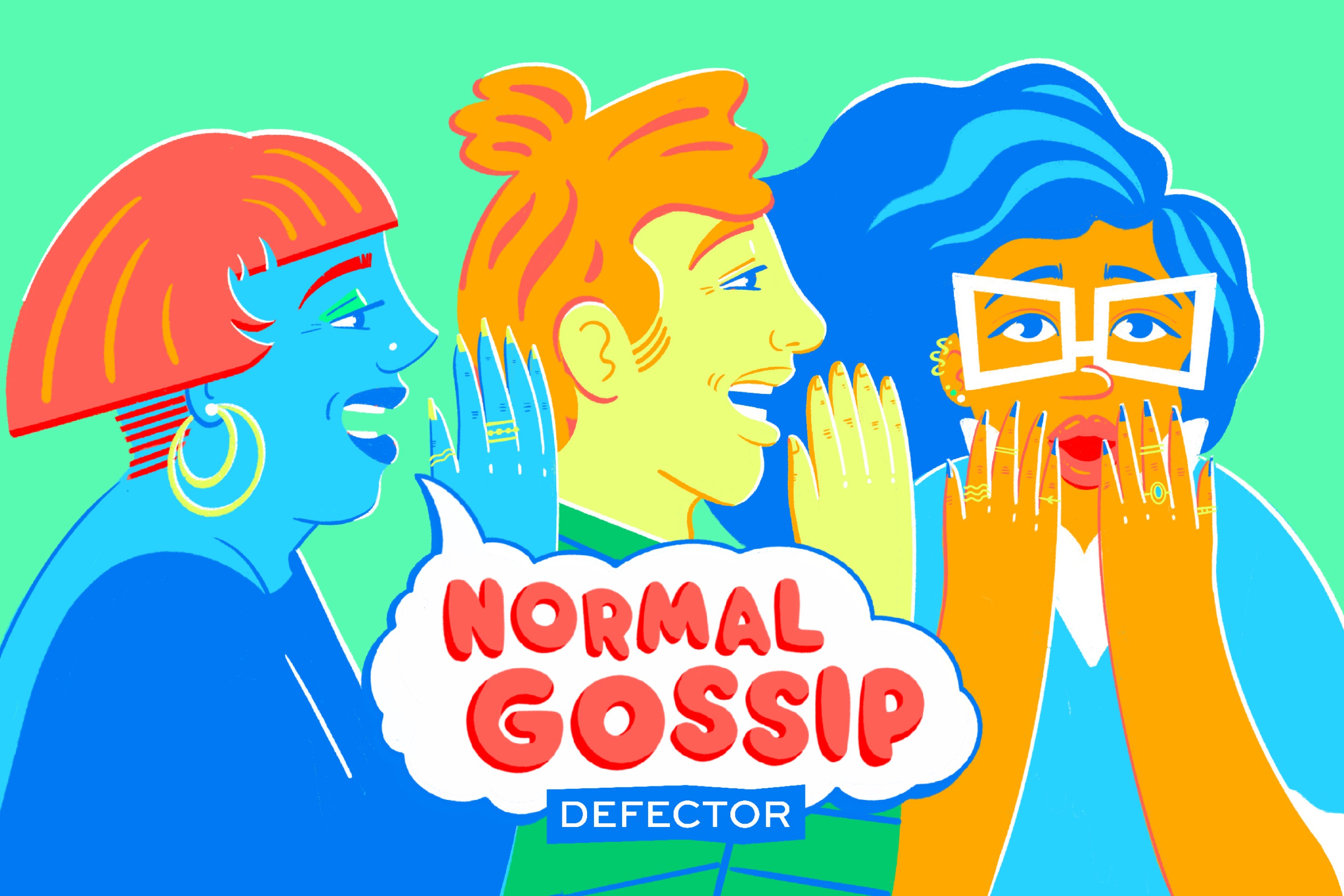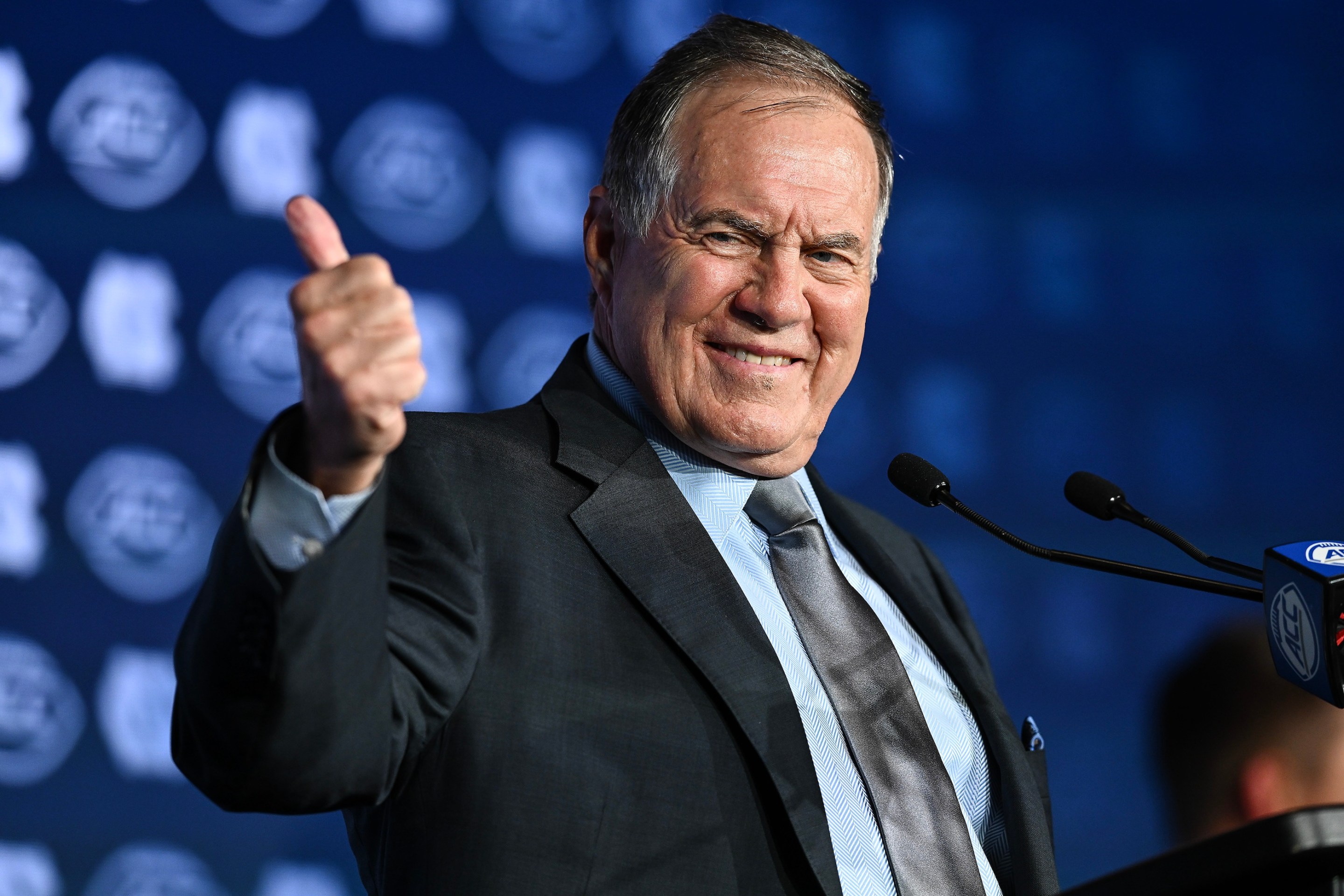Patrick Redford: In the late October afternoon, Defector Reads A Book then. Chess men on the cover. A colonnade. The question of brothers, naturally. Sally Rooney’s latest, discussed. Sentences and styles therein. Not so much asks the question of Intermezzo, but broaches: is it #AgeGapAutumn?
Kelsey McKinney: You are so right. No one is asking about #AgeGapAutumn! There’s so much to get into here. I feel just like the structure of this book (two perspectives in my brain running rapidly in opposite directions) trying to think about it.
Alex Sujong Laughlin: This is the first Sally Rooney I’ve finished since 2019 and I have to say I was surprisingly charmed by what I understand are classic Rooneyisms—the sexy scenes, sick overlooked girls, self-hating boys, no quotation marks, the stark lines of sexual propriety that the characters breeze past.
PR: That’s something I was curious about, as a Rooney debutante. She’s getting funky with style here, especially the syntax, and I wanted to ask the more experienced Rooneyheads which aspects of the novel were in line with her output and where the loci of experimentation were.
Giri Nathan: The only previous one of hers I’d read was Normal People, which I enjoyed, and the style of that book was consistent with the non-Peter passages here. Lucid, doesn’t call too much attention to itself, psychologically acute, not often straining for lyricism, built out of medium-length full sentences. What jumped out at me here were the Yoda-style syntactical maneuvers and the more overtly philosophical bent. She’s always been extremely readable, and the fragmented style she’s trying out here sped things up even more; I cruised through some 200 pages of this last night. Did you guys find it a successful technique? I think Patrick referred to it as "a Playboi Carti thing" last week and I liked that.
KM: I am a seasoned Rooney reader. I’ve read all her books, and liked them to varying degrees. I was really impressed by her trying something new here, allowing a narrator to have a voice so different from her own, which we’ve seen in her other books. I imagine it is very hard to do that on as big of a stage as Rooney is on. Personally, I dislike the character of Peter so fucking much that it’s hard for me to judge the exposition fairly. It’s successful, in a way, to get me to loathe someone who doesn’t exist, but I found myself longing for Ivan’s sections throughout.
PR: The Peter chapters moved between Dry Cleaning voice and Carti voice, depending on how gakked up he was. Once I settled into that rhythm, I think I may have liked the Peter chapters more, weirdly, as they sharpened the contrast between the two main characters. (“The sky a glass bowl struck and resounding.” Ivan would never.) That said, I think this book was too long and I could only read so many passages about Peter feeling all sad and fucked up but not being able to realize that he was all sad and fucked up before I felt like she was going in circles a bit.
GN: I noticed that some of the Ivan bits also descended into Peter syntax when he was emotionally wilding out in some way, so maybe it’s something in the grieving Koubek fella genome. I think I bounced off the style most when it was a retread of some previous scene—another despondent walk through rainy Dublin, another visit to Sylvia’s office, another romantic evening at the flat—where it just felt she couldn’t bring enough novelty the second time around to secure my attention, and these impressionistic details just washed over me. So those sections took on a vaguely spongy, forgettable texture for me. Relatedly, I found the book as a whole a little baggy, at least a hundred pages overlong.
KM: Something I think Rooney has always been brilliant at is understand that a sex scene is not just a sex scene. A sex scene has to do something: for the plot or the character development or the story in some way. That ability really came through during the apartment scenes in Peter’s section, where when he was having sex with Naomi and the story had movement and purpose. But most of the time she was just sitting in his apartment, and those scenes felt a little purposeless to me. I agree that with some trimming this could have been solved pretty easily.
ASL: Before I started this, I listened to an interview with Rooney on The Cut’s old podcast and she said that she writes love stories—and specifically sex scenes—to get people to pay attention. I know she was being a little glib, but to go off Kelsey’s point about the scenes doing something, remembering that helped me think about what is actually being transacted in each of the scenes. Something that came up for me often in that context is the question of how sex can make visible the gaps between what you say your values are and what they actually are—values versus conduct, as Ivan says in the big fight with Peter. The two brothers’ characters are built, at least in part, around the values they claim to hold, and we obviously see how that crumbles in Peter’s case very quickly.
PR: Transacted is exactly the right verb here. The two things I knew about Rooney going into this book were: writes dialogue super well, and has good Marxist politics. The action in Intermezzo all takes place in conversations, both verbally and—I’m sorry—physically. She writes so well about the physical sensation of having feelings, especially in a sexual context. What better playing field for characters to negotiate their slanted economic and temporal power dynamics than through something as clarifying and emotionally dense as sex?
KM: Yes! And I think something really fascinating about the alternating perspectives is that because she writes in a close third-person, you can really see how the brothers are similar in the ways that they think about themselves and the stories they tell themselves, and how they are radically different. Like they each kind of embody the madonna-whore complex in their perceptions of one another’s sex lives, but as the book progresses they kind of meet in the middle.
Should we talk seriously about the CHESS? How did everyone feel about the chess? This is being so firmly marketed as a “chess book” (chess on cover, chess in the description, chess everywhere) that, frankly, I expected there to be more chess!
PR: When I read the riff in the first Ivan chapter about openings, conventional wisdom, and the concept of something like the King’s Gambit (which I play, poorly) being “refuted,” I was basically pumping my fist in my apartment. In that passage, Rooney waves at the most fascinating higher-order question in modern chess, which involves the amount to which the game is deterministic. As you get into increasingly higher levels of the game, both players have memorized the mainline moves for probably hundreds of openings, and each plays off of the other’s knowledge of accepted best practices. The point at which creative chess starts to matter is a receding vanishing point, and I felt this totally worked in the context of Ivan and Peter. It was a perfect frame for the story.
My problem was, and maybe this is boneheadedly literal-minded of me, she kind of just left it there. The only way chess, a miso-rich metaphorical device, gets used later in the book is as something Ivan does. The specifics of it are left unexplained and unexplored, and while Ivan, say, moves deliberately through his social interactions like a classical chess player as opposed to Peter’s blitz-style maneuvers, I wished there was more texture to it. That said, I kept track and I raised my Chess.com rating by 21 points during the course of reading this book, so maybe I did internalize something.
GN: I really loved that early King's Gambit riff as a primer to understanding these two Types of Guy: one determined to stay on top of au courant ideas to use as markers of savviness in conversation, the other insistent on thinking through ideas from the bottom up and accepting them only when legible in his own head. One is going to have a lot easier time moving through the world but the other is standing on firmer ground. These really are recognizable Guy Types in the world and as soon as she framed it in those terms I could see where the friction between them would arise and how it might be the emotional engine of the novel.
I was satisfied with the amount of chess in this book. Chess as an object of fixation and disappointment, an outlet for the Koubek brothers to self-loathe and self-improve. Peter does it with words and Ivan does it on the board. Some part of me did want an “action scene” with running narration of a game, with the Xs and Os of actual play, and we only get a real taste of that when Ivan plays a quick game for fun with his friend. But I still thought the detail of Peter following Ivan’s IM norm match online while sitting outside the room was pretty poignant. The family struggles to get into Ivan’s inner life, or even his inner chess life, but they know the game is important to him, and they’re often willing to organize their lives around it even if they don’t really get the particulars of what’s going on. It’s kind of nice to give the reader that same experience.
KM: I truly never thought I would say this, but I really wanted more chess. I loved learning about the shit you’re talking about Patrick on a base level for dummies, and I loved understanding how Ivan played and what it meant that he played that way. I loved the scene where Ivan played chess against everyone in a gymnasium, and the more I think about the book, the more I think about how that scene on it’s own is so fresh and felt so visceral (the sweat, the lust, the concentration) that it never really left the background of my brain. And I loved that she built in this problem of how he had stopped improving, stopped being able to concentrate on the chess because his dad was dying. But I wish I had been shown that through his play instead of told it through narration. Not that I would have understood it, but I believe that Rooney could do it. This book is (to my surprise) much more about brothers and grief than it is about love.
PR: I agree that the simultaneous and norm scenes were great. To that last point, I found Rooney’s writing about and around grief to be very affecting. Rooney held the death of Papa Koubek at the right distance, as an omnipresent, blunt thing that doesn’t so much pierce them with distinct, sharp stabs of pain as it exerts a sort of gravitational force on their lives and interactions. The book is about those interactions, each of which is warped by their grief. Neither brother can hold their life together, and yet they have to try to, which is shown as functionally impossible until the two of them acknowledge each other’s pain and their own. Their dad’s death was the correct answer to Why is he like this?, in both cases, but even when presented with that bare truth, that’s such an impossibly dense fact to actually accept that I think the book makes the case they each had to digest it through some sort of exogenous personal rupture.
What elevates it further, to me, is how Rooney situates the rough digestion process alongside their relationships to capital. Acceptance is not only gated off by their own bruised brains, it’s shown as an nigh-impossible destination to navigate through the demands and debasements of modern life, and I am sorry to say this so inelegantly, under capitalism (“Of course, whether or not there is a beautiful woman in his life who enjoys being kissed by him, he still has to pay rent.”) Also, their brains are sort of shown to be bruised in the first place by the travails of wage labor.
ASL: One way I felt the chess come through was with the dead father, actually. Bear with me, but he’s a patriarch who can’t speak, defend himself, or help in any way, yet the plot revolves around his death. Sounds a little like a king, no?
My other thought was that between the chess, the debates, the law stuff, and logic puzzles, there were a lot of frameworks with rigid lines governing behavior, ethics, and truth. And it seemed to me that the central conflict of the novel was these characters’ inability to fit their complexities into these rigid frameworks.
KM: Oh shit, go off!!! There is something very Hamlet about the premise of this dead father king that I had not considered until just now. I always find it funny that most Rooney books have a character who either debates or was a debater, as Rooney herself once was, and that those characters are always the worst ones. I respect that kind of owning of your own community! It’s like if we all wrote novels about the most annoying bloggers alive.
Patrick, something you said about their inability to see their own situation because they have to, like … remain alive … feels very visceral in this book. They need money. They need to work. They need a future but they also cannot enter that future without looking into the past. I would like to discuss the scene where they fight in their father’s house. I still do not know quite what to make of it. I had felt the entire book that I wanted the brother’s to physically fight, but then when they did it all felt like a dream to me. Maybe that was the syntax style but I didn’t feel as rooted and as real as I had in the other scenes, which is wild because you’d think a fighting scene would be pretty similar to writing a sex scene.
ASL: When Peter walked in on Ivan reading his lil chess book it was like when two cartoon characters collide for one very special episode. I agree the narration felt kind of dreamlike—maybe it was all the drugs Peter was on—but I was surprised at the extent of the violence Peter was capable of. I think he says something along the lines of “I’ll fucking kill you.” This comes so closely after his first act of violence at Sylvia’s house, and it feels like you’re watching his crafted facade crumbling. He positions himself as the upright feminist in contrast to Ivan’s incel, and the moments where his own rage comes out are unpleasant to read, but also disturbing for him to witness himself. The horror of realizing that you’re not the person you believe yourself to be is so ripe to be explored and I could’ve used more of that.
PR: I thought Alexei was going to be involved somehow, as this Sigrid Nuñez-style dog symbol of grief, but no.
KM: The dog subplot really threw me the whole time. I was worried about Alexei but it also felt so separate from the actual story. In a way, that’s more like real-life, having a side-plot that doesn’t connect all that much but which occupies everyone’s subconscious in an annoying constant way. I like that point about the rage, Alex. That it’s disturbing for the character and the reader to see this violence emerge from within him.
GN: Here’s something that surprised me, and that I don’t remember from the comparatively slimmer Normal People. Rooney’s dialogue’s sharp but I found myself often thinking that her conversations were too exhaustive, depicted in their entirety, insistent on a closure that I don’t really look for in novels. The concluding scene with Ivan and Peter felt almost like (sorry) a Harry Potter in terms of how neatly the loose ends were tied up before everyone goes home at the end of the school year. I found myself craving more ambiguity as a reader, and a little more space to imagine how things might have played out. She’s too good a writer to leave me with that worked-over, YA feeling.
PR: I totally agree. The ending left me cold, in that I didn’t think the brothers as drawn in the book would get to that level of pathos and mutual understanding through the power of overcooked dialogue. One really good game of chess showed both guys how to stop lying to themselves, amazing. Ditto the five pages where the three people in some sort of ambiguously unconventional throuple-type situation say over and over again some form of Love should be multiplied not divided, especially when the dynamics of that situation were established pretty clearly in the earlier part of the book.
KM: I think that’s a good criticism. Neatness is generally something that writers like much more than readers, in my opinion, and this ending did feel very neat. Maybe this is me being a baby, but none of the main issues in this book really seemed like huge issues to me. The age gap was not quite large enough for me to really become the eyes emoji, and having two beautiful women in love with you is also not a problem. In some ways, I wonder who exactly is in the Venn Diagram of Sally Rooney Readers and People Who Would Be Scandalized by polyamorous love, though maybe that’s missing the point.
PR: Practicing Catholics, I suppose? It was mildly frustrating that a necessary precondition for Sylvia, Peter, and Naomi to become entangled as such had to be Sylvia’s chronic pain and the attendant alienation from her own body. That felt like a hedge, something to make it all acceptable, somehow.
GN: I had the sense that the age gaps and the throuple situation were carefully calibrated by Rooney: nothing all that out there, but definitely enough to rankle someone like Peter with firm ideas about what type of person he is and the parts of polite society where he’d like to remain in good standing. He wants to be a Professional Good Person who helps marginalized people while himself remaining “normal” and enjoying the fruits of the square upper-middle class. There’s a bit of an immigrant assimilation theme to his character, too, at least in Ivan’s eyes. And Ivan doesn’t share all that baggage so for him—in keeping with the King’s Gambit riff—it’s less about adhering to certain social norms and more about checking in with his actual emotional-moral compass, thinking and feeling his way through the territory in real time rather than following a template. Despite being portrayed as the emotionally stunted one he has a clarity that eludes Peter. If the age gap were ratcheted up it might not feel like as much of a gray area for the characters (or readers).
KM: That makes sense to me. There were a few story devices that felt a little difficult (whatever made Sylvia unable to have sex, the throuple subplot, the dog, etc). But as many criticisms as I’m putting out there in this blog, I really enjoyed reading this book. I was kind of riveted by it. Even when she’s floundering, Rooney is a writer who I kind of trust not to bore me to death, which is rare right now in the “literary” genre.
PR: Hard to think of another working novelist who writes in anything close to those great little spare sentences Rooney works in.
GN: I came away from this book really impressed by Rooney as a smart and sensitive writer, maybe even more so than I am impressed by the specific books I’ve read so far. It seems totally right to me that she’s been anointed the Millennial Novelist. She’s skilled at assembling these high-concept soap operas and she seems attuned to the psychic and material concerns of the moment. She writes just enough details of the contemporary world for me to recognize some familiar contours, but not so many as to trigger revulsion at sweaty onlineness.
KM: Before we wrap this up, there’s something that I wanted to talk about which is that at the end of the book, Rooney has a kind of works cited, where she lists a bunch of source material that she is either directly quoting from, or having characters riff on. I have never seen this before in fiction, and to be honest I loved it. There’s something satisfying, obviously, about wondering whether something in a book is an intentional reference to something else, but there’s something magical to me about knowing which parts the writer thinks of as referencing something and which parts she doesn’t!
PR: I didn’t catch that, but I love the idea of a Works Thought Of list. Also, during the course of this discussion, I played two three-minute games on my phone using the King’s Gambit and lost both of them, so maybe that shit has been refuted.
